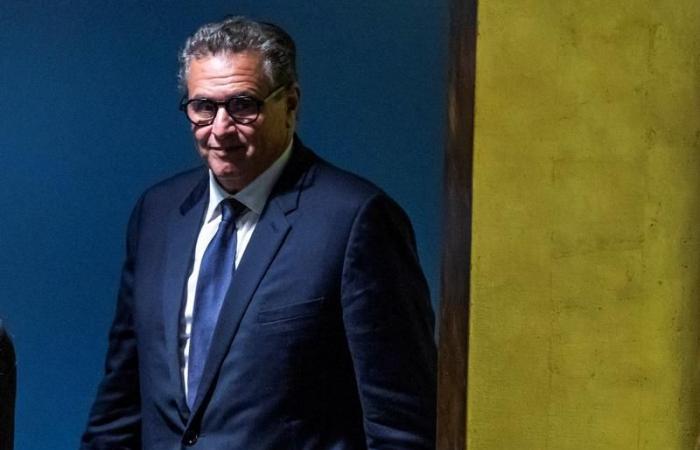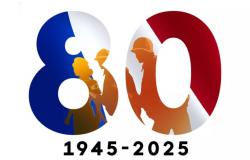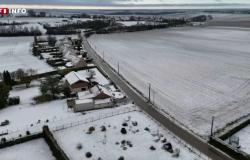The Moroccan tax authorities modestly described it as “voluntary regularization”. The 2024 tax amnesty, a flagship measure of the liberal government of Aziz Akhannouch, resulted in the declaration of more than 100 billion dirhams in assets (9.6 billion euros), according to an unofficial report established by the Moroccan press to the General Tax Directorate, Wednesday January 1st. The amount exceeds all forecasts and constitutes a record, being twenty times higher than that obtained during the previous amnesty of 2020. In comparison, the one proposed in France between 2014 and 2017 made it possible to regularize 32 billion euros in four years.
As important as it is, the result of the operation, which applied to individuals who had not declared their profits and taxable income in Morocco before January 1, 2024, should only bring 5 billion dirhams to the State. It must be said that the administration’s offer was generous. In exchange for the regularization of their situation, the “amnestied” only had to pay 5% tax on the sums declared, compared to 37% if they regularized in 2025. Such a preferential rate caused a rush of fraudsters in the last days of 2024. So much so that the Moroccan tax authorities agreed to open their counters to them exceptionally, Saturday December 28 and Sunday December 29.
Included in the 2024 finance law, the amnesty was the subject, throughout the past year, of the voluntarism of the banks, which widely communicated its advantages to their customers. One of Morocco’s main banking establishments, Banque Populaire, insisted in particular on the “discretion” of the operation. The measure aims not only to support “the fight against tax fraud”, justified the government, but also to “regularize a good portion of the underground economy”, indicated the economic daily Les Inspirationséco, Friday January 3. The 100 billion dirhams declared represent, in fact, a quarter of the cash in circulation in Morocco, estimated at some 430 billion dirhams by the country’s central bank.
Inflation and tax controls
The first details of the tax amnesty quickly appeared in the newspapers. Bank deposits alone would represent 60 billion dirhams, the rest coming from real estate acquisitions or contributions to associates’ current accounts. One of the main economic titles, Médias24, cites the figure of around 10,000 “spontaneous” declarations which would be at the origin of 40% of the regularized sum, or an average of 4 million dirhams (385,000 euros) per declarant. One of them would have regularized 280 million dirhams, the maximum amount recorded to date for a single declaration, according to another title.
In the opinion of financial experts interviewed by Le Monde, the record amount recorded by this amnesty testifies to an accumulation of cash which began in 2020, coinciding, in particular, with the payment of aid, most of it in cash , which benefited more than 4 million families during the coronavirus pandemic. Added to this is the implementation, from 2021, of the single professional contribution, a new tax system which has pushed many traders, who are not subject to withholding tax and who are large users of “cash”, to optimize the bank domiciliation of their assets, “for fear of being adjusted for a certain number of taxes”, observes economist Lhoucine Bilad. Other factors, including inflation and the increase in tax controls, announced with great publicity by the administration, would also explain the increase in the stock of cash in circulation, which represented 21% of gross domestic product. in 2021, compared to 28% in 2024.
These results did not fail to be interpreted in the light of the findings drawn up in 2021 by the commission on the development model, established by King Mohammed VI. In its report submitted to the sovereign, it noted “the slowness of the structural transformation of the economy”, hampered by “rent-seeking logic to the detriment of the general interest”. In reaction to the amnesty, many Internet users spoke of “Moroccan capitalism” accused, according to them, of hoarding instead of investing.
By revealing the extent of tax fraud, the regularization operation above all sheds light on a phenomenon regularly denounced by the citizens of the kingdom. The economist Mehdi Lahlou sees in this not only the age-old fear of a part of the population towards the administration, but also confirmation that the counterpart of paying the tax, namely “public investment in school and health”, is not provided by the State. The share of private education in Morocco today reaches 15%, when nearly a third of the country’s hospital beds are held by for-profit clinics.
Source: Le Monde
Article19.ma







